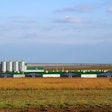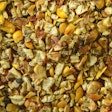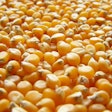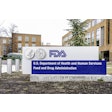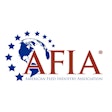A new Food and Drug Administration draft policy takes a more science- and risk-based approach to regulating salmonella in animal feed, according to the National Grain and Feed Association.
Under the FDA’s draft policy, the agency identifies eight salmonella serotypes that are of regulatory concern to animal health: 1) poultry feed with Salmonella pullorum, Salmonella gallinarum or Salmonella enteritidis; 2) swine feed with Salmonella choleraesuis; 3) sheep feed with Salmonella abortusovis; 4) horse feed with Salmonella abortusequi; and 5) dairy and beef feeds with Salmonella newport or Salmonella dublin. Previously, the FDA had applied regulatory oversight to all types of salmonella that might be present in animal feed, although it exercised enforcement discretion.
The policy also mentioned several types of commercial heat treatments, such as pelleting, extrusion and rendering, as well as irradiation, as effective in killing salmonella. “We believe this draft policy provides a sound basis for addressing salmonella that may be present in animal feed in a way that focuses on specific serotypes that the agency believes are of concern, while fully protecting human and animal health,” said the NGFA. “That approach is consistent with the charge by Congress in the recently enacted food/feed safety law and will enable the agency to better target its resources.”


